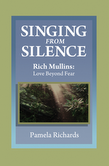
Q: Where can I find all the rumours that have been repeated about Rich Mullins?
A: Not here. I knew Rich Mullins as a friend and a songwriter, an artist whose working materials consisted of his own life experiences and the love of God. The tools of his trade were honesty, brokenness, beauty, light and dark.
Like all performers and through no fault of his own, Richard had a public side and a private side. I understand that human nature makes the rest of us curious about the quirks and flaws of our celebrities and heroes, but I do not intend seek the lowest common denominator by filling pages with questionable content. Richard is the one who taught me about sharing the truth of our lives through art. In gratitude for our friendship, Singing from Silence is in no part based on careless speculation or third-hand intrusions on the life stories of others.
The content of Singing from Silence is pared down to my own memories: the only ones I'm capable of writing with truth. It tells the story of two human beings striving to show one another the love of God in a fallen world. Forgiveness and grace are repeatedly required and repeatedly given.
Q: Does the book do justice to Rich Mullins' memory?
A: That question is very subjective. If you want a book which stresses his successful musical career and his large base of fans, you might prefer to read An Arrow Pointing to Heaven by James Bryan Smith or perhaps the novel The Wind in the Wheat by Reed Arvin, which is said to be based in part on Richard's life.
From my point of view, the whole idea of Singing from Silence is to be fair to Richard's memory. Like many creative geniuises, Richard admitted to a dual nature. To my way of thinking, when we overlook his life in favor of his art, his sorrow in favor of his laughter, his introspection in favor of his prophetic stance, we have lost half of what made him a human being. My best memories are of Richard as a man who struggled as we all do to allow himself to be transformed in the hands of the Great Artist.
I believe Richard wanted to be remembered as someone we can all relate to, because his art touches us the most when we remember him that way. This was my intention in publishing Singing from Silence.
Q: Why is the book called Singing from Silence?
A: I can think of two--more, maybe five reasons I chose that title. . . (more)

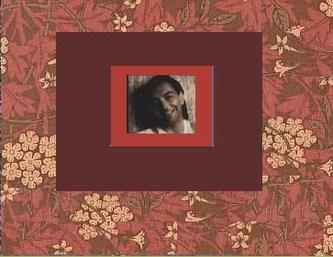
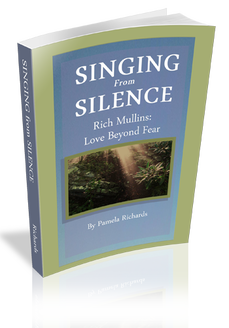
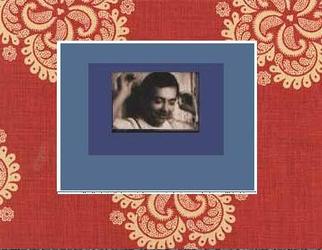
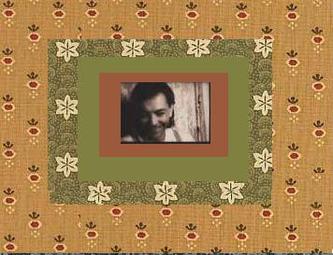
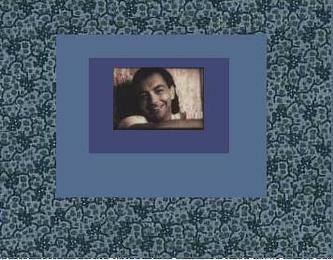


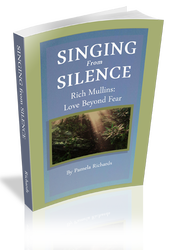
 RSS Feed
RSS Feed
